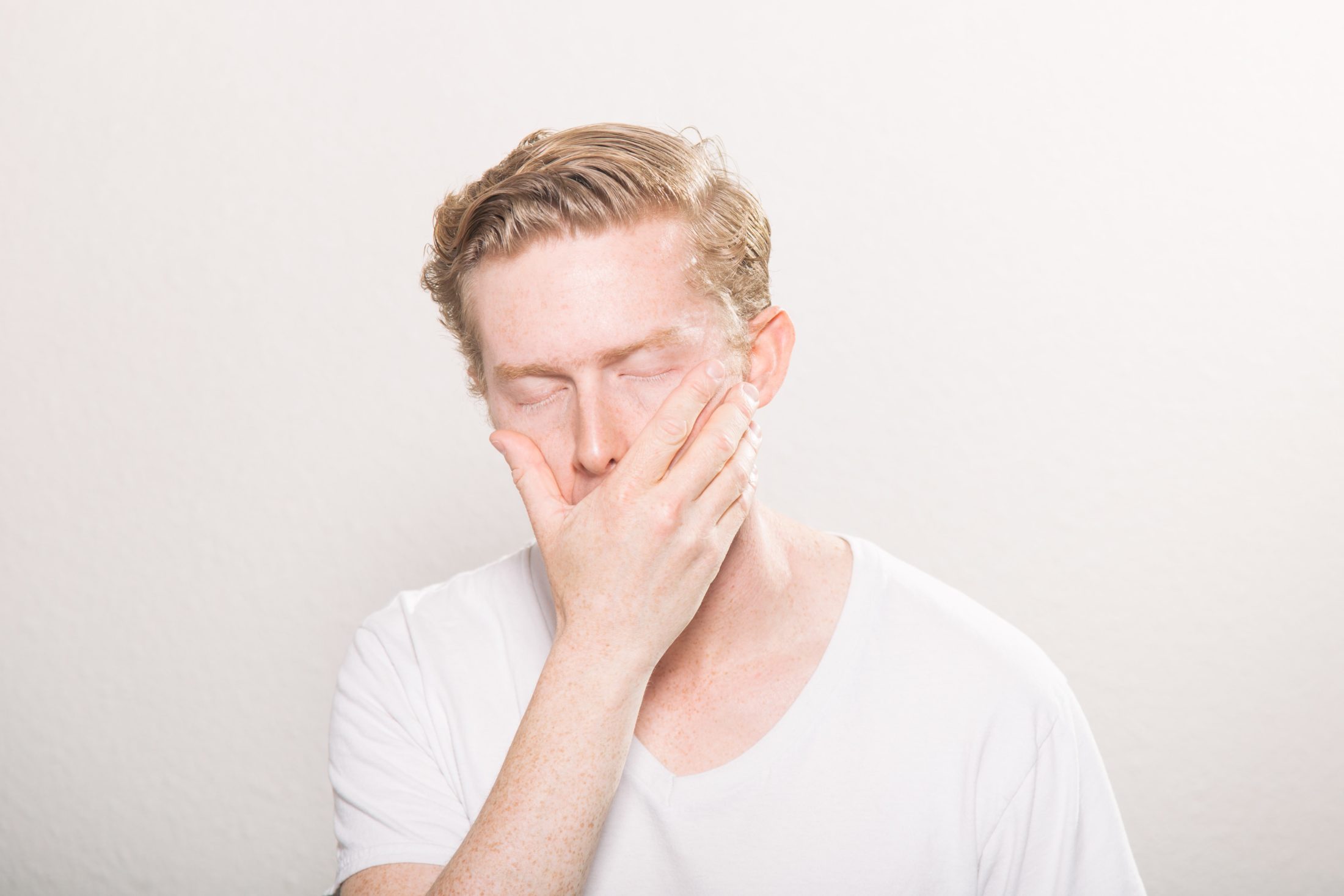Testosterone: among all the more technical terms that the average man can think about throughout their lives, none are far more puzzling or impactful than this particular word.
Linked to nearly everything from muscle growth and beard quality to moods and the concept of “manliness,” the hormone in question has undoubtedly established itself as a rather critical topic in the life of any man. By now, you’ve most likely spent quite a bit of time learning all sorts of things about testosterone and how you can increase your body’s supply of it.
But here’s the question that you should be asking yourself (and finding the answers to): how can having low testosterone affect your mood?
A Matter of Levels
After hearing about how testosterone changes can affect performance and your overall state of mind, it’s impossible not to ponder on the question of “what happens if I don’t have enough of it?”
While most people are focused on the idea of having as much testosterone as possible, it’s just as crucial to know what can happen at lower levels, especially when it comes to the matter of mood. Although it’s no secret that not having enough testosterone can do things like pull your sex drive down or make you look bloated, the impact it has on one’s emotional state is just as impactful.
People should know that it is crucial to have healthy testosterone levels if they want to keep their mental health in shape. It is also important to understand the exact opposite effects so it will be much easier to act accordingly in case problems pop up.
How Does Having Low Testosterone Levels Affect Your Mood?
To help you best understand why you should work to keep your testosterone levels at normal figures and commit to testosterone therapy at Z Med Clinic, let’s look at the effects to watch out for:
1. It Becomes Harder to Focus
Everyone struggles with maintaining concentration from time to time, especially in the digital age. However, a persistent inability to focus is very much rooted in low testosterone.
Low testosterone can amplify a problem of low focus as hormone levels become lower over time. The reason for this lies in the fact that testosterone plays a crucial role in supporting cognitive and organizational abilities. So when levels are low, it becomes harder to stay concentrated and focused.
2. You Feel More Irritable
Are you currently experiencing bouts of uncontrolled irritation or anger that you can’t seem to explain or understand? Well, chances are that you’re suffering from low testosterone.
Generally, testosterone is tied to more positive emotional attributes, feelings, and experiences. After all, it helps with the regulation and control of emotions in the body. Unfortunately, having an insufficient amount, alongside higher cortisol levels, can result in uncontrollable mood swings that lead to irritability, anger, and anxiety.
Conclusion
Low testosterone is commonly associated with extra puffiness, a lack of muscle, and hampered sex drive. However, it’s also something that is closely tied with anyone’s overall mood. By taking the time to understand precisely how such a problem affects your mental state, you’ll be able to prevent any unwanted effects in the long run!
Are you looking for testosterone therapy in Houston? Z Med Clinic is the best option for you. Our goal is to keep you and your family healthy and happy, and provide health relief for the community. Book an appointment with us today!




